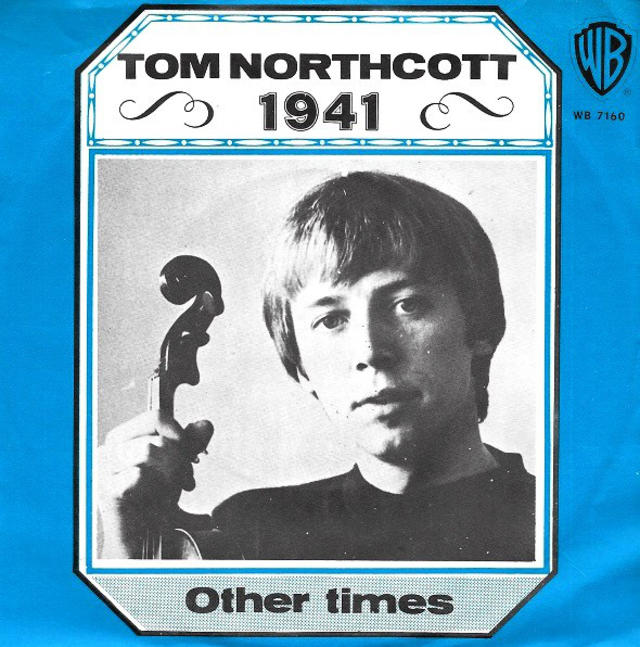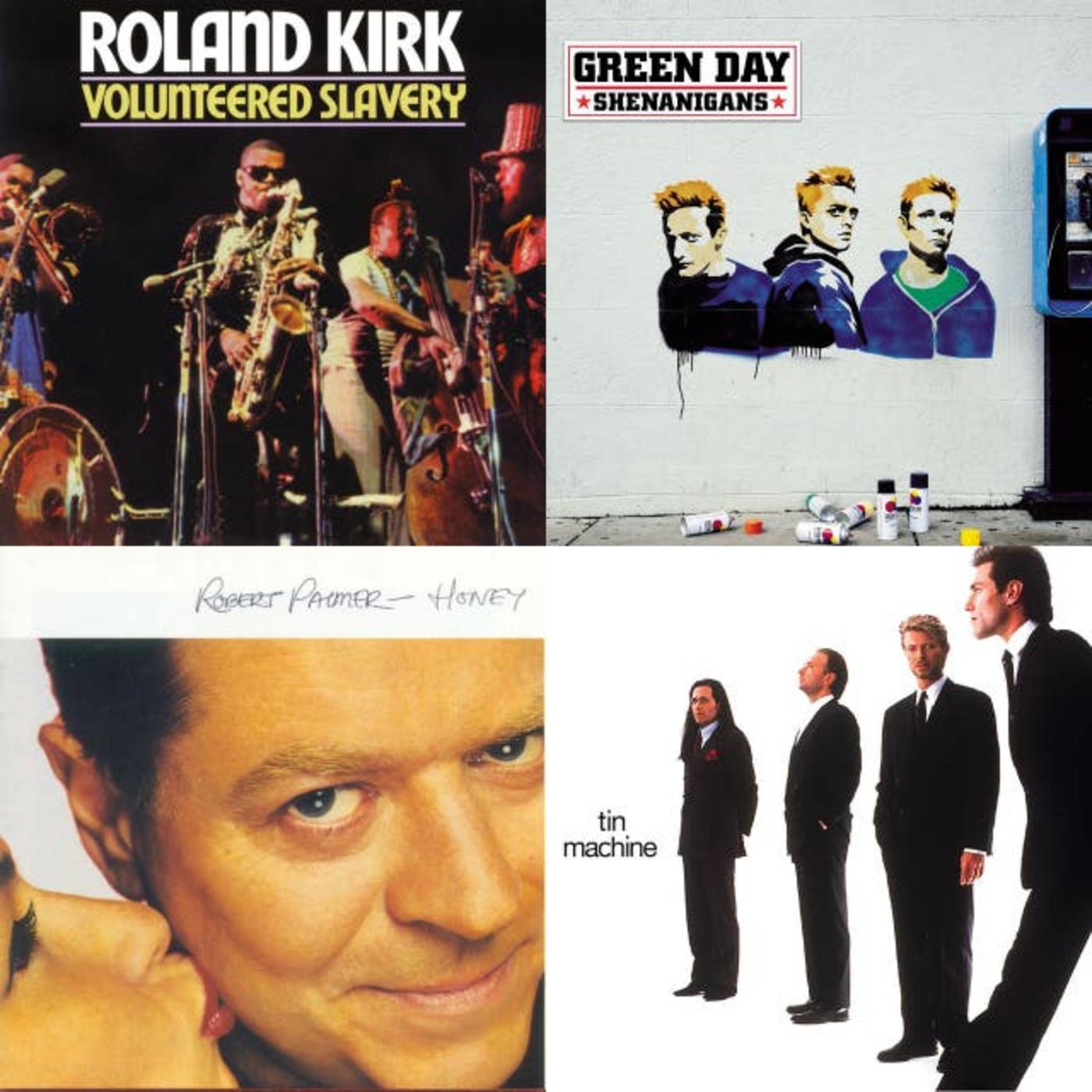Rhino’s Got You Covered: John Keating, Tom Northcott, The New Seekers, and Jimmy Durante
THIS IS THE ARTICLE FULL TEMPLATE
Wednesday, September 30, 2020
THIS IS THE FIELD NODE IMAGE ARTICLE TEMPLATE

It’s Wednesday, so it must be time to take another dip into the Rhino catalog and trot out a new quartet of cover songs that you may or may not have heard before. Let’s get started, shall we?
- John Keating, “Jesus Christ Superstar” (1972): This Scottish-born composer and arranger became a pretty big deal in the early ‘60s via his work with artists like Adam Faith, Petula Clark, and Anthony Newley, but he earned himself a top-10 hit in the UK with his “Theme from Z-Cars.” He found further fame through his use of synthesizers, including two volumes of thematically-appropriate tunes called SPACE EXPERIENCE. This particular tune is on the first volume, but it hardly matters on which volume it originally appeared, since you can now find a 2-fer release that includes both volumes.
- Tom Northcott, “1941” (1968): This Canadian folk-rocker was always far more famous in his native land than in the States, but this Harry Nilsson cover proved to be his lone hit on the Hot 100. (If only it had climbed higher than #88...) Northcott had more than a few Canadian hit singles, however, including covers of Bob Dylan’s “Girl from the North Country” and Leonard Cohen’s “Suzan ne.”
- The New Seekers, “Blackberry Way” (1971): Given that their biggest claim to fame was – and, thank to Mad Men, remains – their song “I’d Like to Teach the World to Sing,” it’s occasionally startling to realize that the New Seekers had a history of covering songs by some pretty tremendous songwriters. In addition to this Roy Wood composition from The Move, they also turned in light and easy versions of Harry Nilsson’s “One” and Paul Williams’ “Just an Old Fashioned Love Song.”
- Jimmy Durante, “As Time Goes By” (1965): You kids today probably can’t comprehend how an old geezer with a huge schnozzola and a raspy voice could secure a recording contract with a major label, let alone become an American institution, but Jimmy Durante was one of the top stars in the U.S. once upon a time, so by the time the ‘60s rolled around, he was more than beloved enough to keep on releasing albums of his favorite standards. This one got a lot of play as a result of its inclusion on the soundtrack to Sleepless in Seattle, but he’s got plenty more where this came from.


